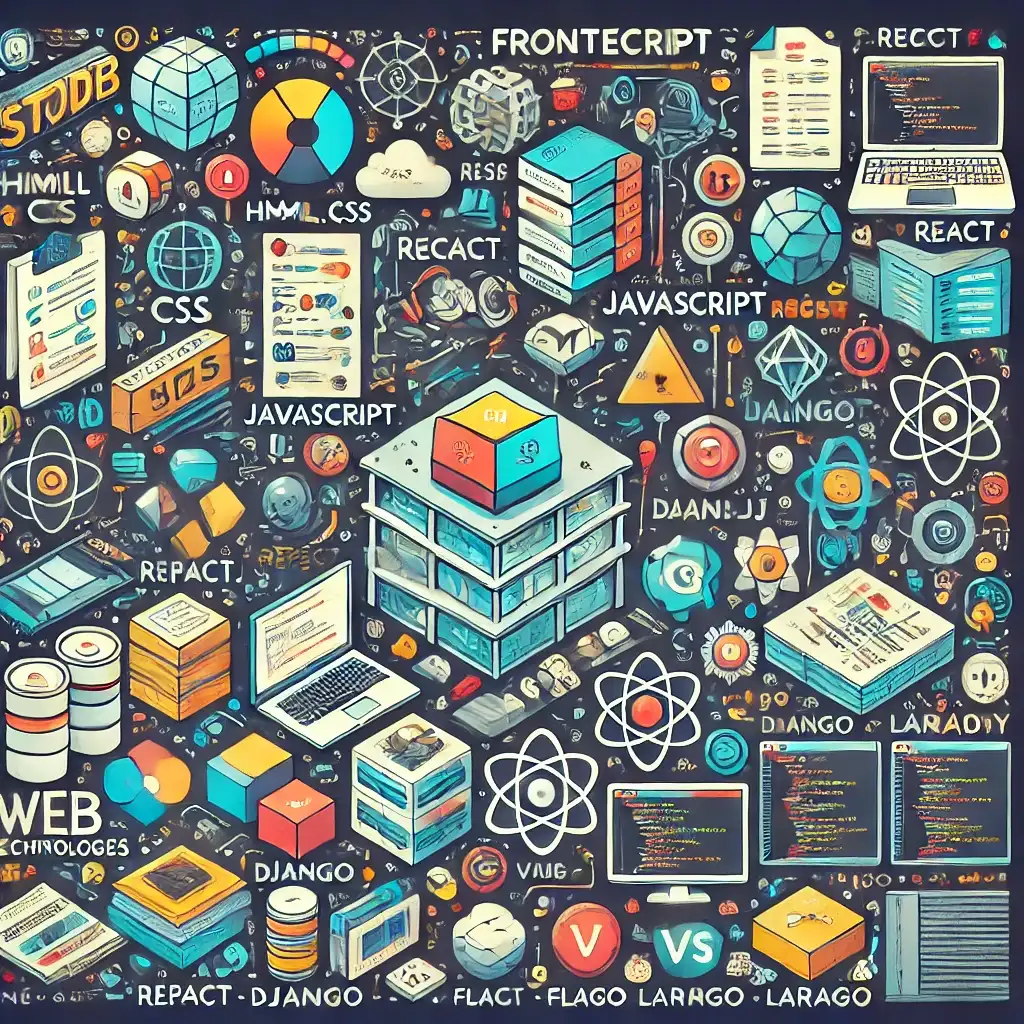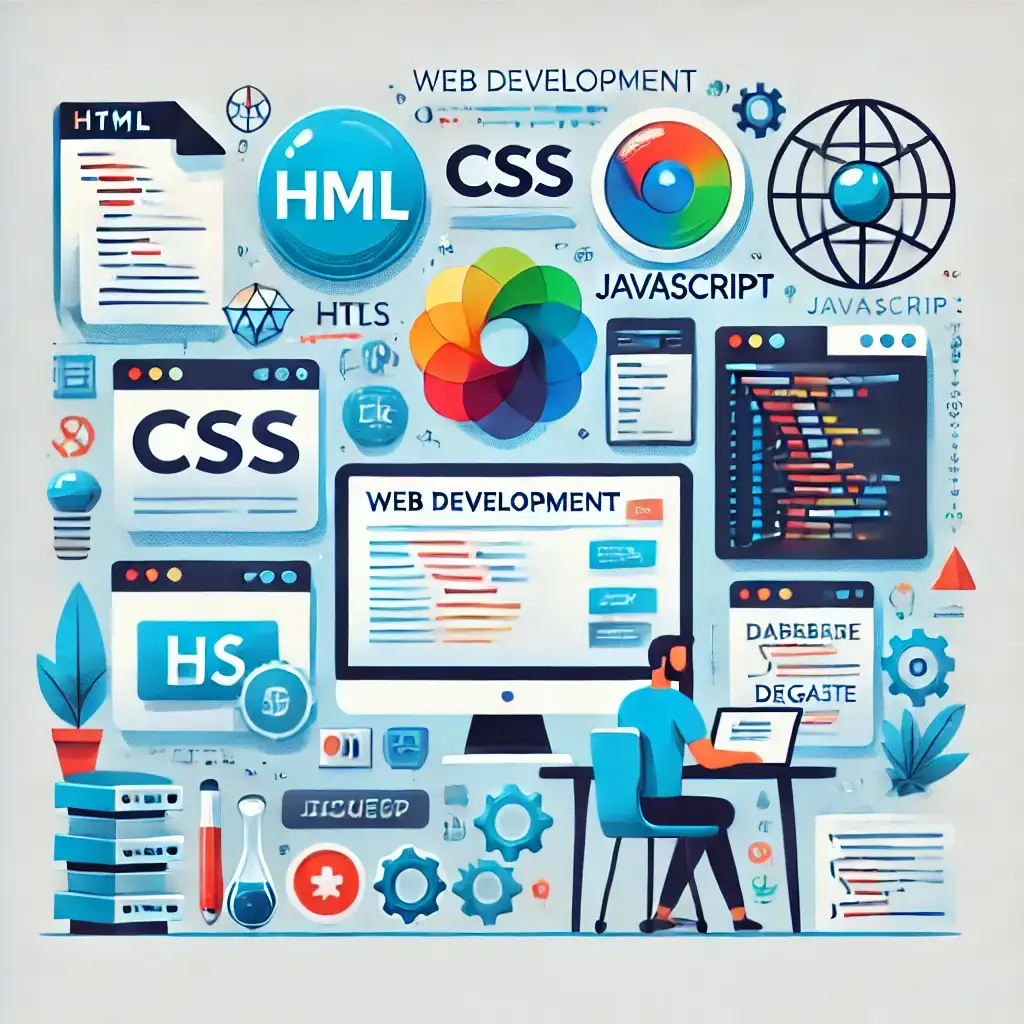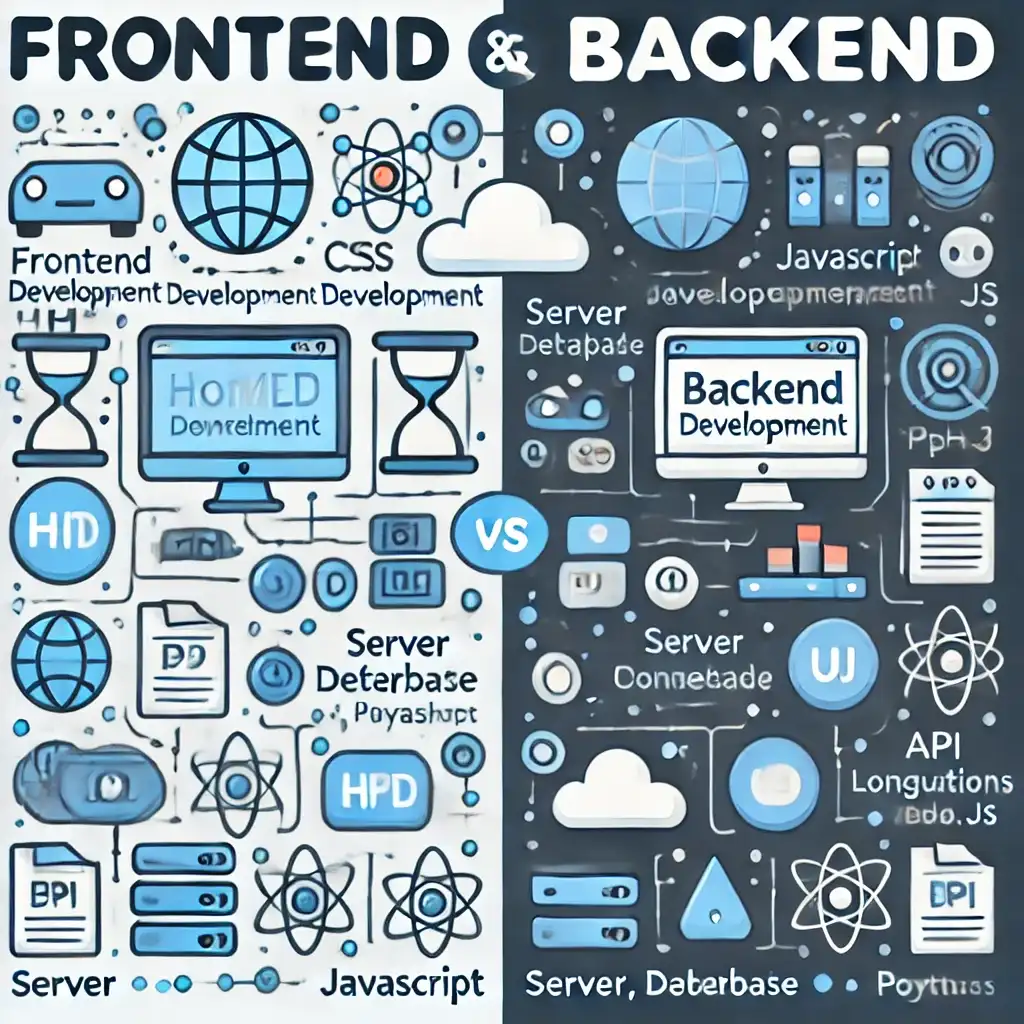
The world of web development is constantly evolving, and new tools and technologies are emerging every day to simplify the lives of developers. Let's take a quick look at the most popular modern web development tools for frontend and backend developers.
1. Frontend Development Tools
1.1. HTML, CSS, and JavaScript Frameworks
- React.js – A component-based JavaScript library developed by Facebook.
- Vue.js – A lightweight, easy-to-learn, and flexible framework.
- Angular – An MVC-structured framework developed by Google.
- Svelte – A fast and lightweight framework that optimizes during compile time.
1.2. CSS Frameworks and Libraries
- Bootstrap – A popular and flexible CSS framework.
- Tailwind CSS – A utility-first framework offering great flexibility.
- Bulma – A lightweight and mobile-friendly CSS framework.
1.3. Build Tools and Module Bundlers
- Webpack – A module bundler that optimizes JavaScript and assets.
- Parcel – A fast, zero-configuration build tool.
- Vite – A fast build tool optimized for React and Vue projects.
- npm & yarn – The most popular tools for managing JavaScript packages.
1.4. UI Libraries and Component Systems
- Material-UI – A React UI library based on Google’s Material Design system.
- Ant Design – A professional and rich UI framework.
- Chakra UI – A flexible and easy-to-use UI library for React applications.
2. Backend Development Tools
2.1. Backend Frameworks
- Node.js – A runtime environment that allows backend development with JavaScript.
- Express.js – A lightweight and fast framework for building backend apps with Node.js.
- Django – A security-focused, Python-based framework.
- Flask – A lightweight, flexible backend framework based on Python.
- Spring Boot – A Java-based framework ideal for enterprise applications.
- Laravel – A clean and structured backend framework based on PHP.
2.2. Databases and Data Storage Technologies
- MySQL & PostgreSQL – Traditional relational databases.
- MongoDB – A fast and flexible NoSQL database.
- Firebase Firestore – A cloud-based NoSQL database developed by Google.
- Redis – A high-speed, key-value based database.
2.3. API Development and Server-Side Tools
- GraphQL – A flexible data query technique for optimizing API calls.
- RESTful API – The traditional web API architecture.
- Apollo Server – A commonly used solution for GraphQL APIs.
- NGINX & Apache – Web servers and routing tools.
3. Additional Tools for Web Developers
3.1. Code Editors and IDEs
- Visual Studio Code (VS Code) – One of the most popular and flexible code editors, developed by Microsoft.
- JetBrains WebStorm – A professional IDE optimized for JavaScript and frontend development.
- Sublime Text – A fast and lightweight code editor.
- Atom – A modular editor developed by GitHub.
3.2. Version Control Systems
- Git – The most widely used version control system for project tracking and management.
- GitHub, GitLab, Bitbucket – Git-based project repositories.
3.3. API Testing Tools
- Postman – The most popular tool for API testing and request management.
- Insomnia – An alternative tool for REST and GraphQL API testing.
3.4. Web Performance and Optimization Tools
- Lighthouse – A performance analysis tool available in Chrome DevTools.
- PageSpeed Insights – A Google tool for page speed and performance optimization.
- Cloudflare & Fastly – CDN services that enhance site performance.
Related Articles

Recommended Tools for Web Development
0 Comments

The Fundamentals of Web Development
0 Comments
Comments ()
No comments yet. Be the first to comment!






